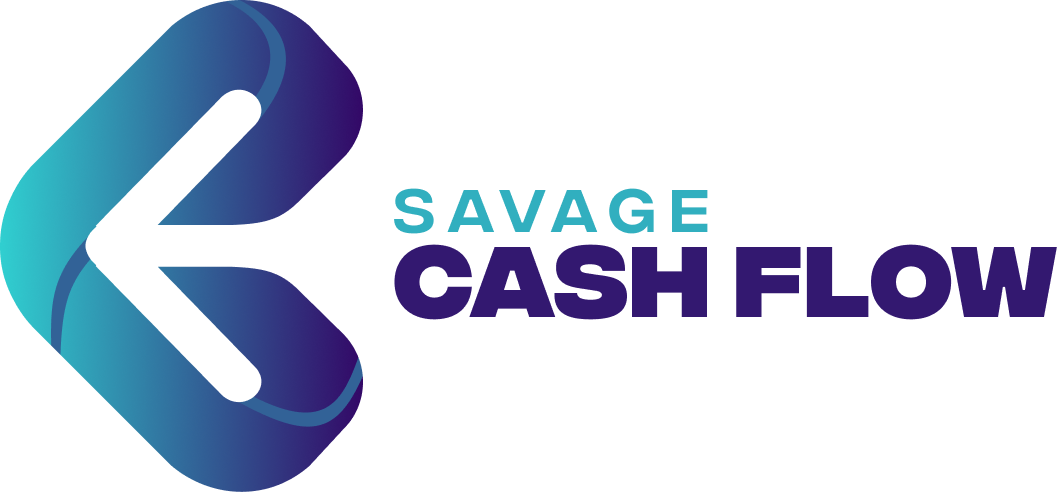
TikTok appeals to US Supreme Court in last-ditch attempt to halt forced sell-off or ban

TikTok has made a final appeal to the US supreme court in a last-ditch effort to prevent the enforcement of a new American law that could force the platform’s Chinese parent company, ByteDance, to sell the popular video app or face a nationwide ban.
ByteDance and TikTok filed an emergency injunction request to the justices on Monday, seeking to delay a divestment order due to take effect on 19 January. Without this relief, the companies warn that they will be forced to shut down TikTok’s US operations, depriving roughly 170 million American users of access to the platform.
The contested law, passed by Congress in April, aims to address what US officials call a national security threat posed by TikTok’s Chinese ownership. Authorities claim the company’s vast trove of American user data, including location details and private messages, and the platform’s capacity to influence what content viewers see, could be exploited by foreign adversaries. The law compels ByteDance to divest TikTok by the deadline or face severe operational restrictions.
TikTok and ByteDance dismiss these security concerns, arguing that no imminent threat exists and that Americans should have the freedom to continue using the app with “eyes wide open” to any risks. They contend that the law violates the US constitution’s First Amendment, as it restricts free speech by targeting one specific platform. A lower court in Washington DC rejected these arguments earlier this month, prompting the appeal to the supreme court.
The companies warn that even a temporary shutdown would be devastating, causing the platform to lose around one-third of its US user base. They argue that a sudden closure would severely undermine TikTok’s appeal to advertisers, content creators, and employees.
Notably, president-elect Donald Trump, who once tried to ban TikTok during his first term in 2020, has reversed his stance and pledged to preserve the platform since winning the recent election. He takes office on 20 January—just one day after the ban is slated to take effect—potentially opening the door to a change in policy or new negotiations.
The Mooted ban arrives amid broader US-China trade tensions. In their filing, TikTok and ByteDance caution that, should the US government prevail, it could pave the way for future crackdowns on other foreign-owned apps. A similar attempt by Trump in 2020 to ban Tencent’s WeChat was blocked by American courts.
In addition to TikTok’s request, a group of US users also filed their own emergency plea with the supreme court, highlighting the app’s role as a key speech platform and calling for the highest level of legal scrutiny on any measure that restricts access.
Michael Hughes, a TikTok spokesperson, said that the first amendment “demands rigorous scrutiny” in this case and that a hasty ban would deal a severe blow to Americans’ freedom of expression.
The US Department of Justice maintains that the law protects national security and ultimately defends free speech by safeguarding personal data from foreign infiltration. The White House has yet to comment on the supreme court filing.
TikTok and ByteDance have requested a supreme court decision by 6 January to allow time, if necessary, to orchestrate a complex US shutdown and coordinate with service providers. The outcome now rests with the justices as the clock ticks down towards the January deadline.
Read more:
TikTok appeals to US Supreme Court in last-ditch attempt to halt forced sell-off or ban
